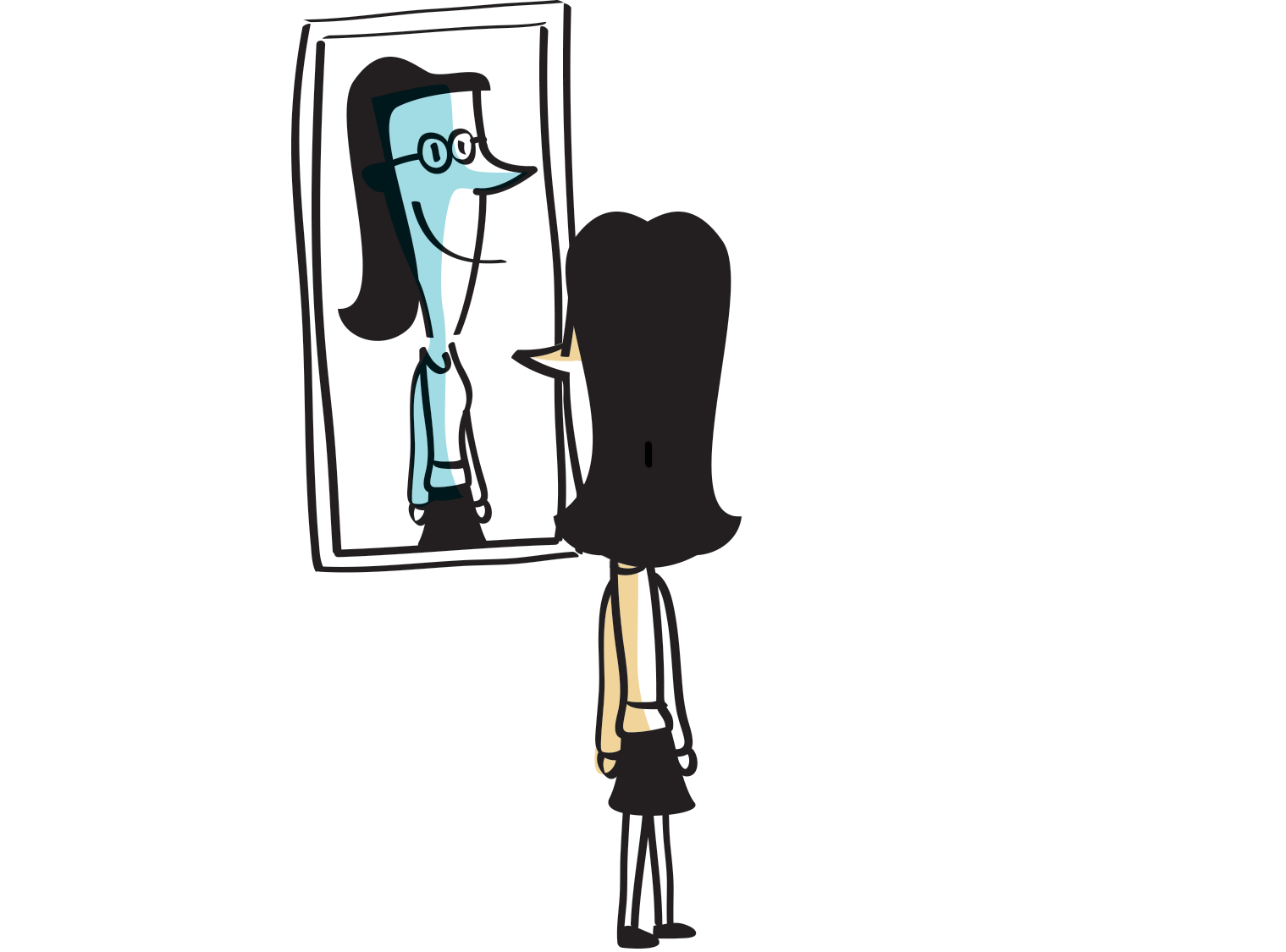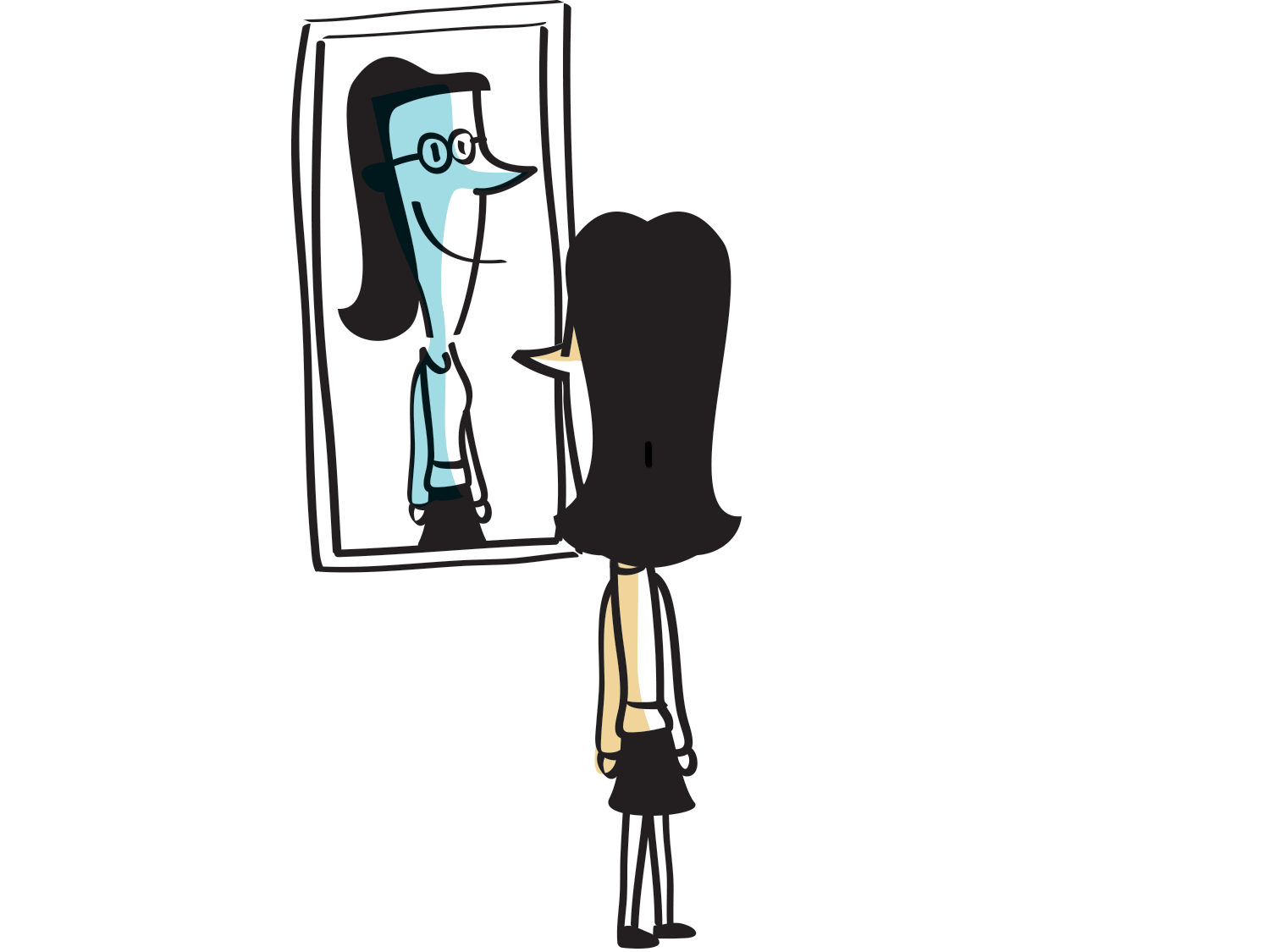Family Focused
Who are you, really? Many social media pages are either overly curated or filled with careless posts. What image are you projecting to your family-focused community? Do you know? What do those vacation posts really say about you? How about those honor roll brags? Or that ”spirited” debate you had in that parent group? Here’s your chance to stand back and think. HOO-R-U helps you determine the nuances of your online identity by evaluating how others might view you through social media.
Travel Bragging
28% of travelers say they wouldn’t enjoy a vacation without their smartphone
[Hotel.com/Expedia 2018]
Use of social media, age 13-17
[Pew Research, 2018]
Proud "Sharenting"
Most parents who use social media know of another parent who has shared too much about a child online. You may believe you are just being proud, but unless you are just posting to Grandma you may come across as over-the-top, boastful, competitive, or thoughtless. Who are you?
When Kids Realize Their Whole Life is Already Online: The Atlantic
THE ATLANTIC, May 21, 2019
Many children growing up today will discover that their digital footprint began in utero and didn’t stop there. This phenomenon has come to be known as “sharenting” — when parents share pictures and videos of their kids on social media, creating an indelible trail of digital bread crumbs.
“Almost all parents do this to some extent,” says Taylor Lorenz, a staff writer at The Atlantic, in a new video that investigates the unintended consequences of modern parents’ tendency to overshare. Is violating children’s privacy online unethical, or is it your right as a parent?
HOO-R-U can help you consider how others see you online.
You’ll be asked a series of questions. When you’re finished, you’ll be given scores on 5 dimensions of your online profile. The scores are based on how important each element of your profile is to you and only you. These scores, on a scale from 1-100, are calculated in a way that takes into account how you stack up compared to other people who have used HOO-R-U and are most similar to you in age, gender, education and social media usage
What we do online can strongly affect our offline lives in ways we never imagined. HOO-R-U tells you what you really are communicating about yourself and prods you to think about what you really want to project. We hope getting your HOO-R-U Profile becomes a regular activity for all the people who care and are concerned with the footprints they leave on social media. After all, those prints can live forever.
The Looking Glass Self
The methodology of the HOO-R-U Profile and Score is derived from the “looking glass self” social science model that is the foundation of the theory of self in sociology. It dates back to the early 20th century and is best captured by this curious statement:
“I am not who you think I am; I am not who I think I am; I am who I think, you think, I am” – Dr. Charles Horton Cooley (1902)
HOW IT WORKS
You’ll be asked a series of questions. When you’re finished, you’ll be given scores on 5 dimensions of your online profile. The scores are based on how important each element of your profile is to you and only you. These scores, on a scale from 1-100, are calculated in a way that takes into account how you stack up compared to other people who have used HOO-R-U and are most similar to you in age, gender, education and social media usage
WHY IT'S IMPORTANT
What we do online can strongly affect our offline lives in ways we never imagined. HOO-R-U tells you what you really are communicating about yourself and prods you to think about what you really want to project. We hope getting your HOO-R-U Profile becomes a regular activity for all the people who care and are concerned with the footprints they leave on social media. After all, those prints can live forever.
THE SCIENCE BEHIND IT
The Looking Glass Self
The methodology of the HOO-R-U Profile and Score is derived from the “looking glass self” social science model that is the foundation of the theory of self in sociology. It dates back to the early 20th century and is best captured by this curious statement:
“I am not who you think I am; I am not who I think I am; I am who I think, you think, I am” – Dr. Charles Horton Cooley (1902)





